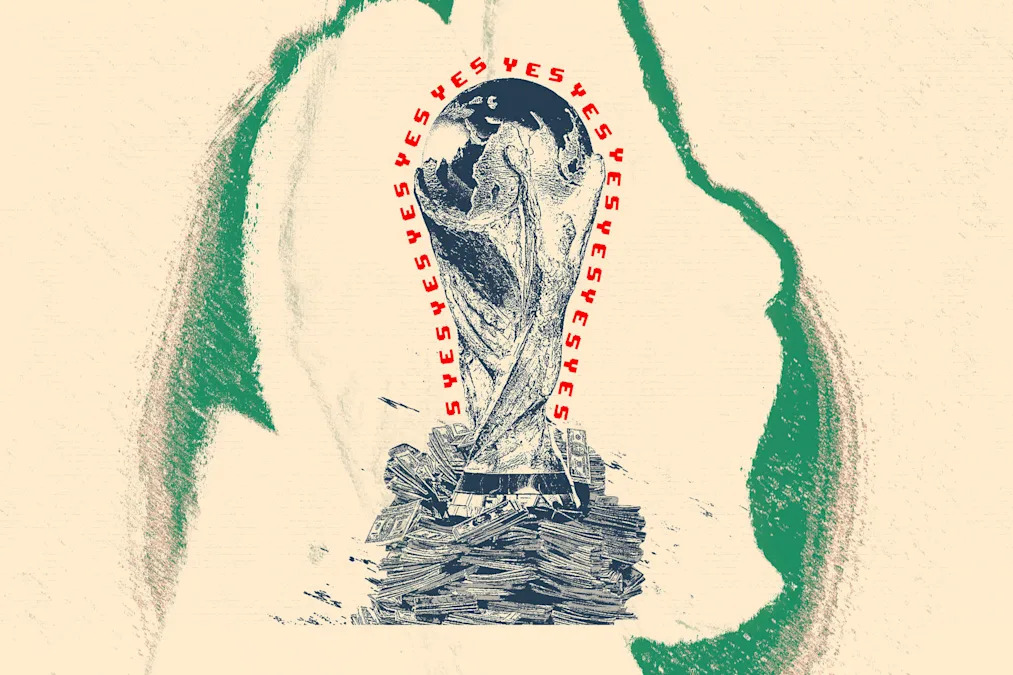Part Two of a Two-Part Series on Soccer Power, Politics, and Reform
In 2016, FIFA faced its most significant crisis, revealing deep-rooted corruption within the organization. Leadership publicly committed to "encouraging reform" through democracy, enhanced governance, and greater transparency. During a gathering in Zurich, FIFA representatives voted on proposed changes, with claims of laying a foundation for new approaches. However, shortly after a new president was elected, he shifted the conversation back to football rather than reform.
Gianni Infantino, who emphasized the importance of football, also promised to distribute $5 million to each national federation over four years, generating enthusiastic applause from delegates. Since then, he has aggressively pursued this promise, looking to double the funds. Infantino’s approach has raised eyebrows; he has not only expanded the Men’s and Women’s World Cups but also faced criticism for contradicting previous reform proposals.
Supporters see him as a champion of the sport, striving to distribute wealth more broadly. In contrast, critics fear he is more interested in maintaining power and influence, often cozying up to those who have compromised oversight committees. Some claim this reflects a new form of corruption, where accountability is absent, leading to what has been described as "legal bribery."
FIFA’s development funds, a legacy issue, continue to face scrutiny. While promises were made to improve transparency in fund allocation, actual audits remain unpublished with vague spending descriptions. This money is essential, but questions remain on how effectively it supports local football development.
The overall governance structure has also come under fire. Infantino has concentrated power more than previously promised, raising concerns about genuine democratic participation. Criticism has been met with fears of retaliation, fostering a "culture of fear" within FIFA. Many stakeholders feel stifled and powerless to enact change, with only a few voices daring to speak out against the system.
As hopes for internal reforms dim, Infantino’s controversial decisions, such as awarding the 2034 Men’s World Cup to Saudi Arabia, exemplify the growing detachment from democratic processes. Critics argue that significant change will likely have to come from external intervention, with legal avenues evolving slowly.
Editorial Opinion: This situation is pivotal for soccer fans, highlighting the ongoing struggles within governing bodies that significantly influence the sport they love. Should reforms fail, it could lead to deeper issues within FIFA, potentially affecting the integrity and fairness of global competitions.



